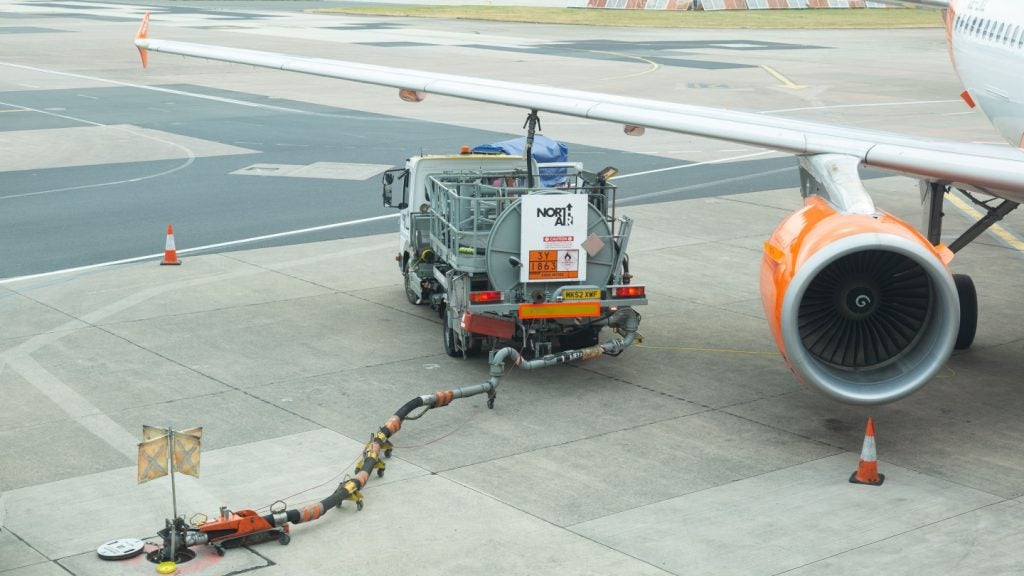The CEO of the group responsible for some of the UK’s busiest airports has called on the UK to direct more of its household waste to the production of Sustainable Aviation Fuel (SAF) following the release of a study into the process.
MAG, which owns the Manchester, London Stansted, and East Midlands airports, released its lifecycle assessment study of SAF made from household waste compared to using the waste to generate electricity and said increased use of the method could help the country develop a local SAF industry.
CEO Ken O’Toole said: “The benefits of turning household waste into SAF are clear – it’s better for the environment, reducing emissions by at least five times more than using it to make electricity.
“It can also contribute to the creation of tens of thousands of new jobs and be a significant driver in helping UK aviation reach its target of net zero by 2050. It is vital that we use household waste in the most efficient way we can to help reduce carbon emissions.”
O’Toole and MAG argued that continuing to burn household waste to generate electricity was not the most sustainable use of the resource due to its inefficiency compared to clean energy sources such as solar and wind power.
The study claimed that the reduction in carbon emissions that would come from using the waste to produce SAF would be “at least five times greater” than the emissions saved by using it for electricity.
While SAF is not a completely emissions free source, providing around an 89% reduction compared to traditional jet fuel, the fuel has become a focus of many aviation companies’ sustainability and net zero plans.
However, the fuel has yet to see the production levels and cost savings needed to use it at a wide scale, being limited to use in small mixes with traditional fuel and demonstration flights such as Virgin Atlantic’s recent flight across the Atlantic.
As a result, governments across the world have been attempting to accelerate the creation of an SAF industry in their country through programmes such as the UK’s Advanced Fuel Fund and Canada’s investments into front-end engineering and design (FEED) studies.
Despite this, MAG warned that the UK’s current rules that make it difficult for local councils to redirect waste towards SAF production and slow movement on constructing SAF factories mean that “the US and Europe could win the race to secure investment in SAF production plants.”









